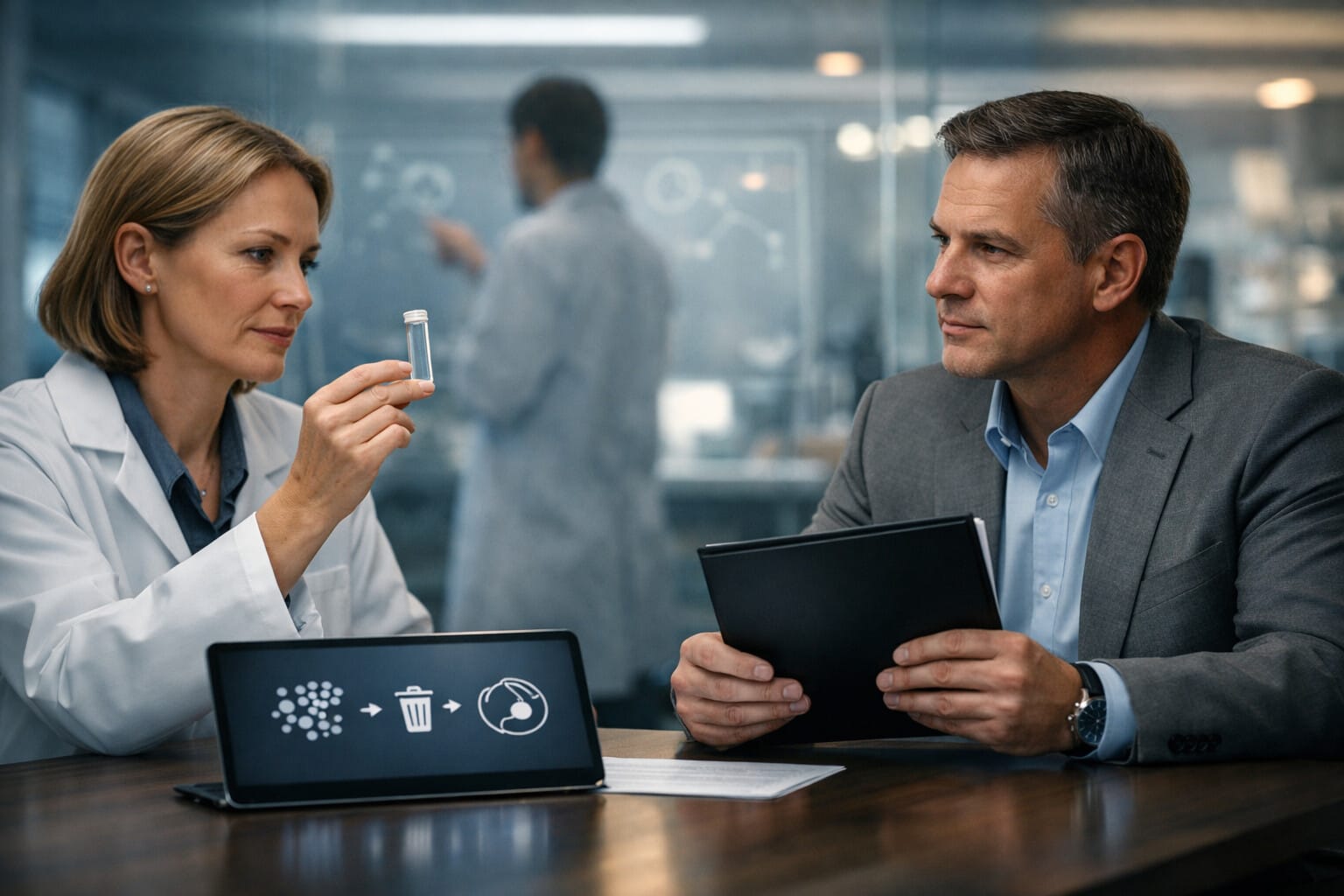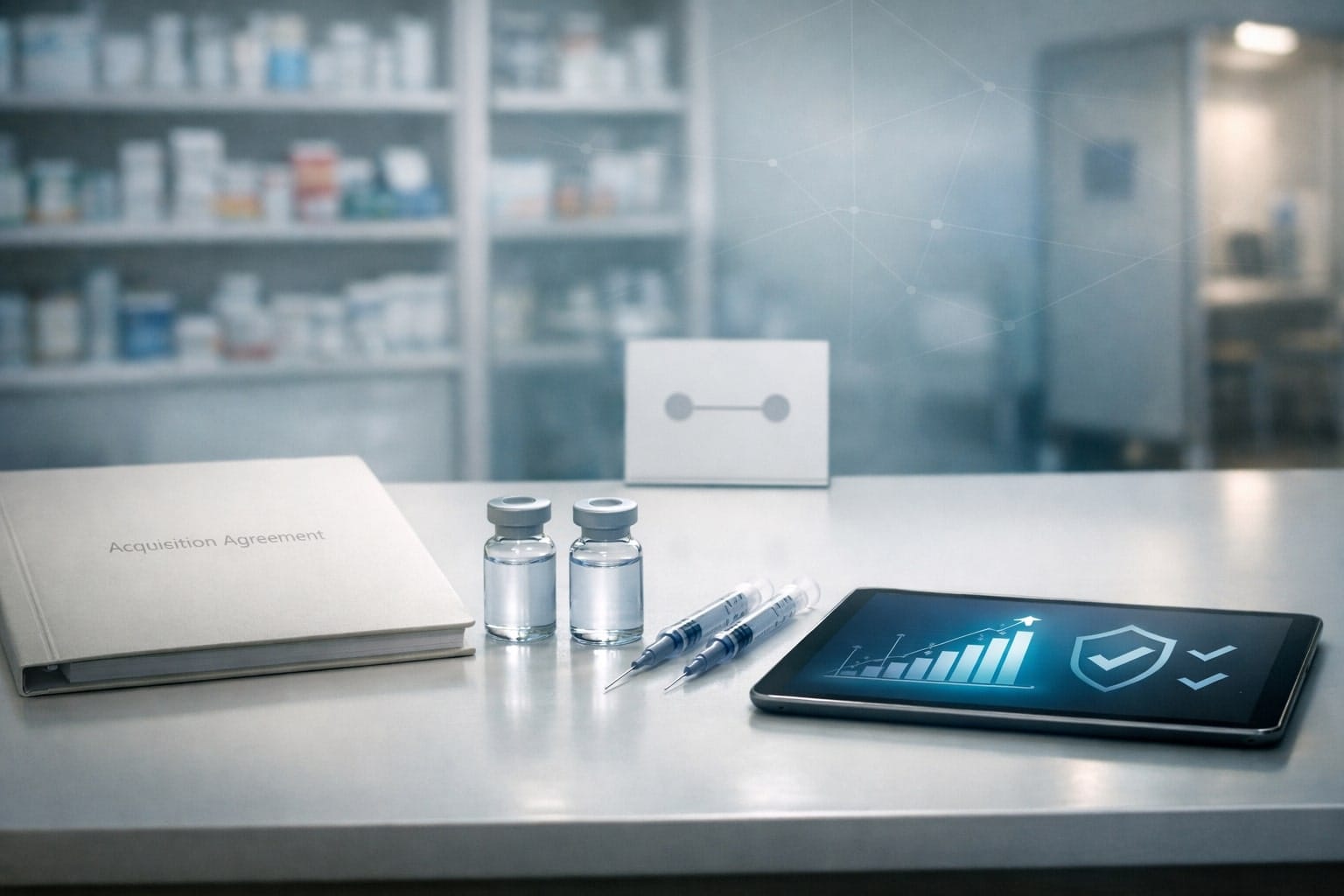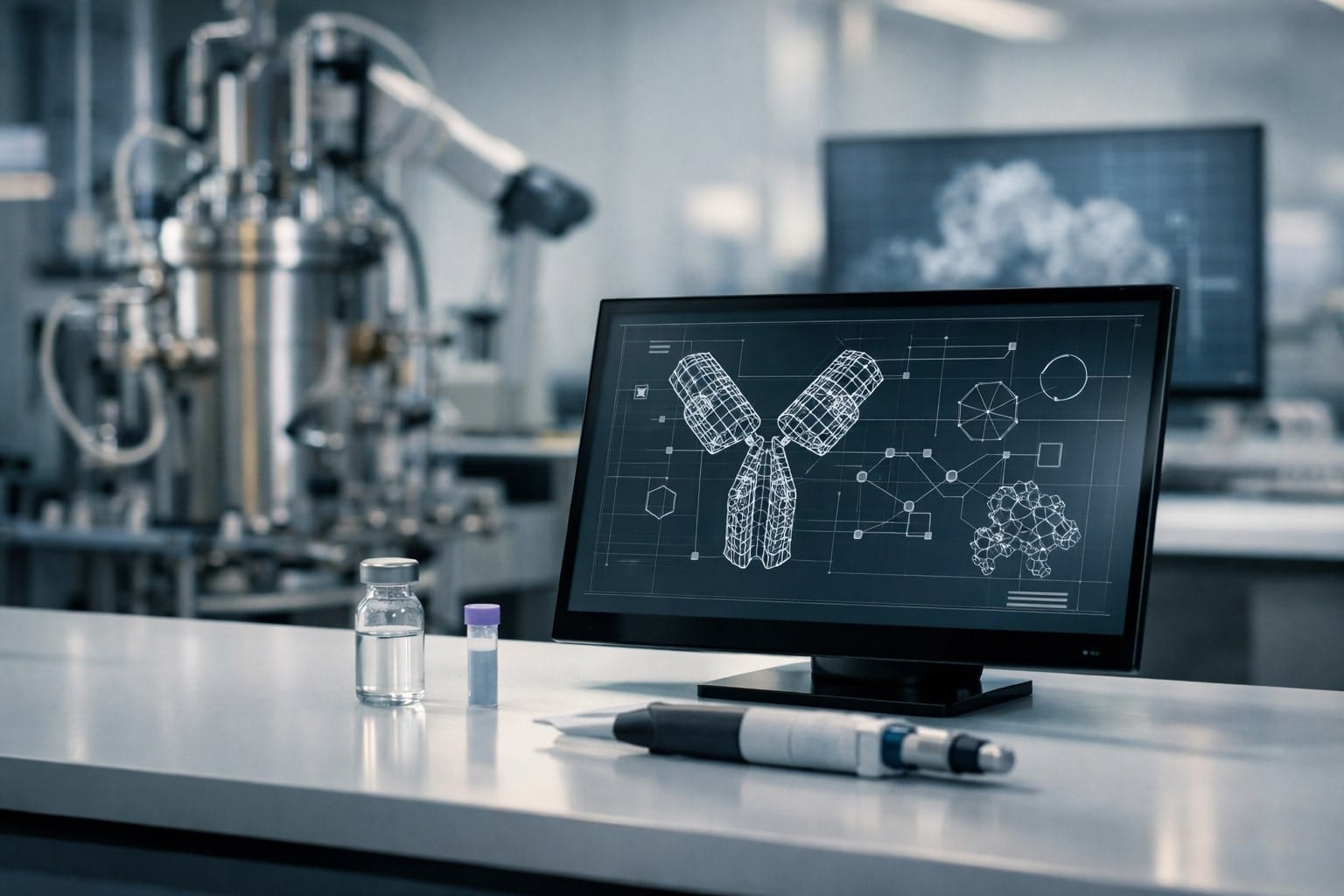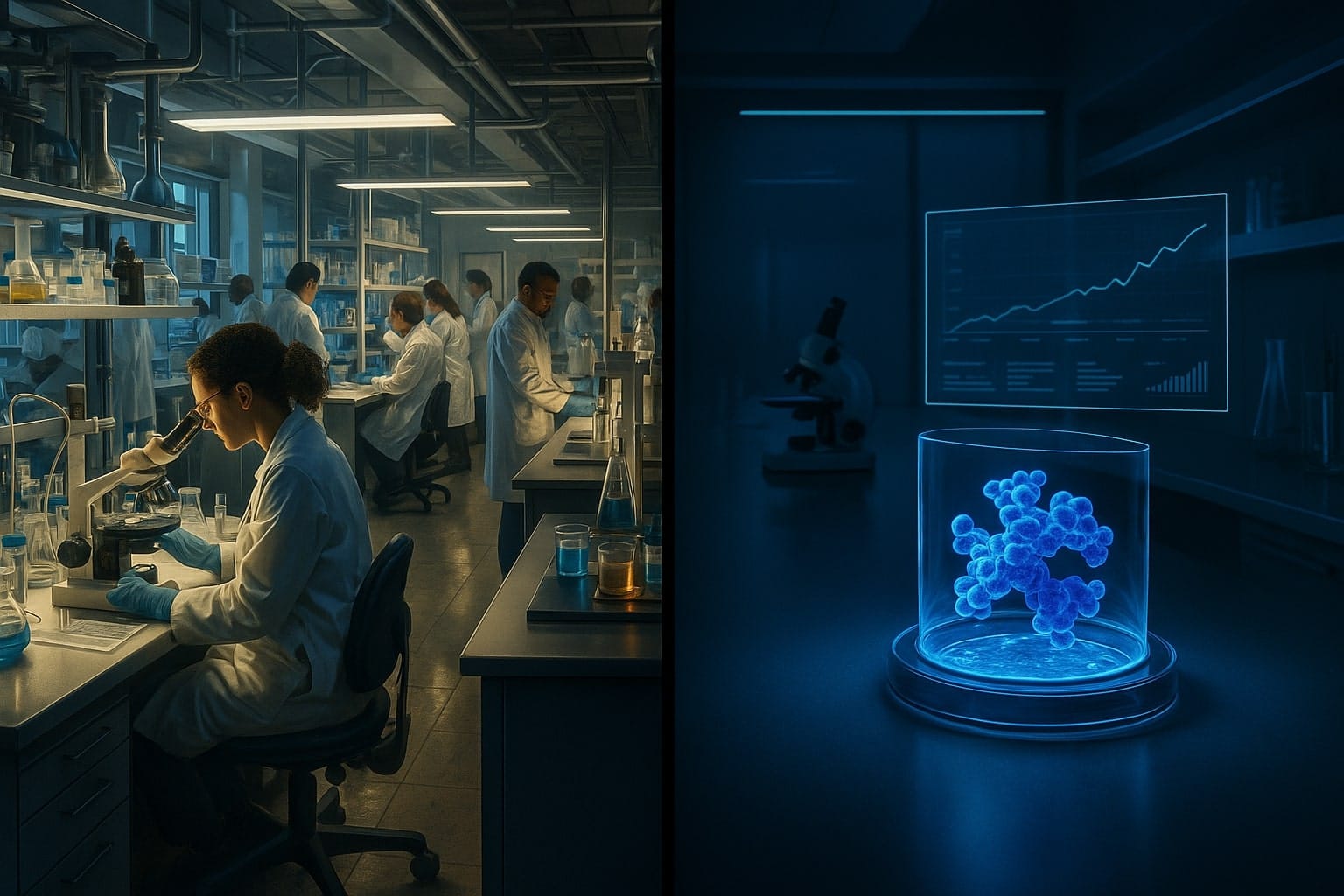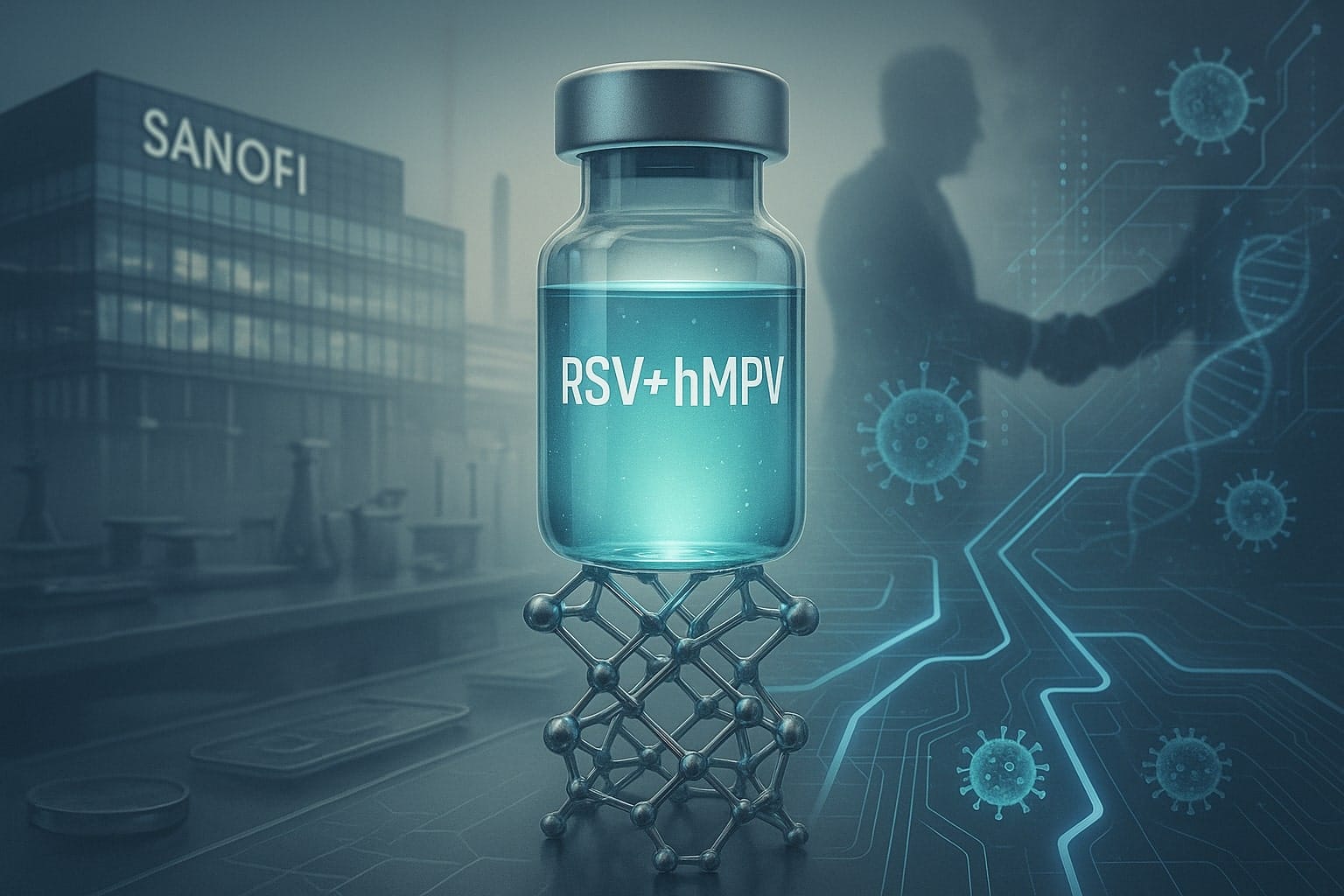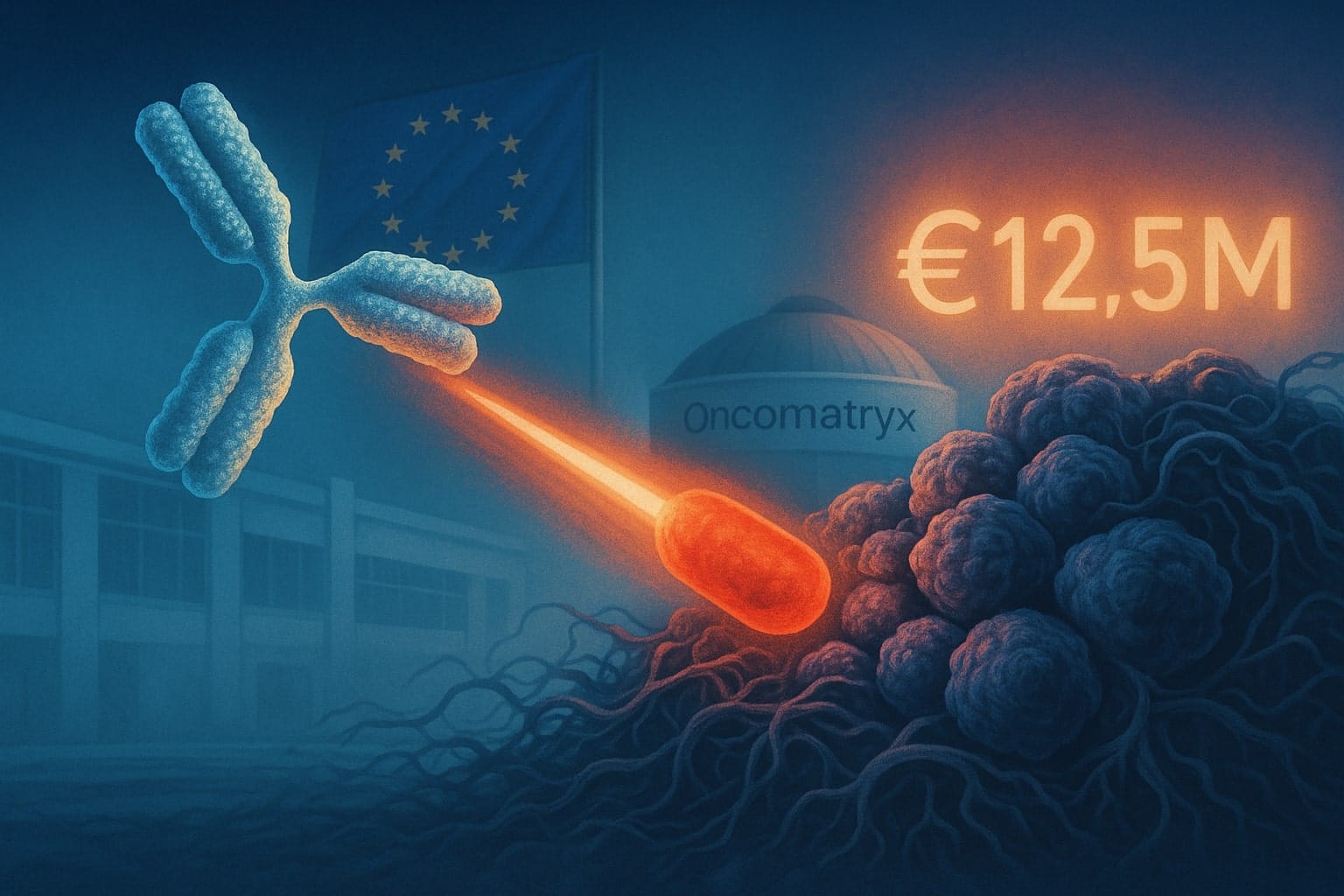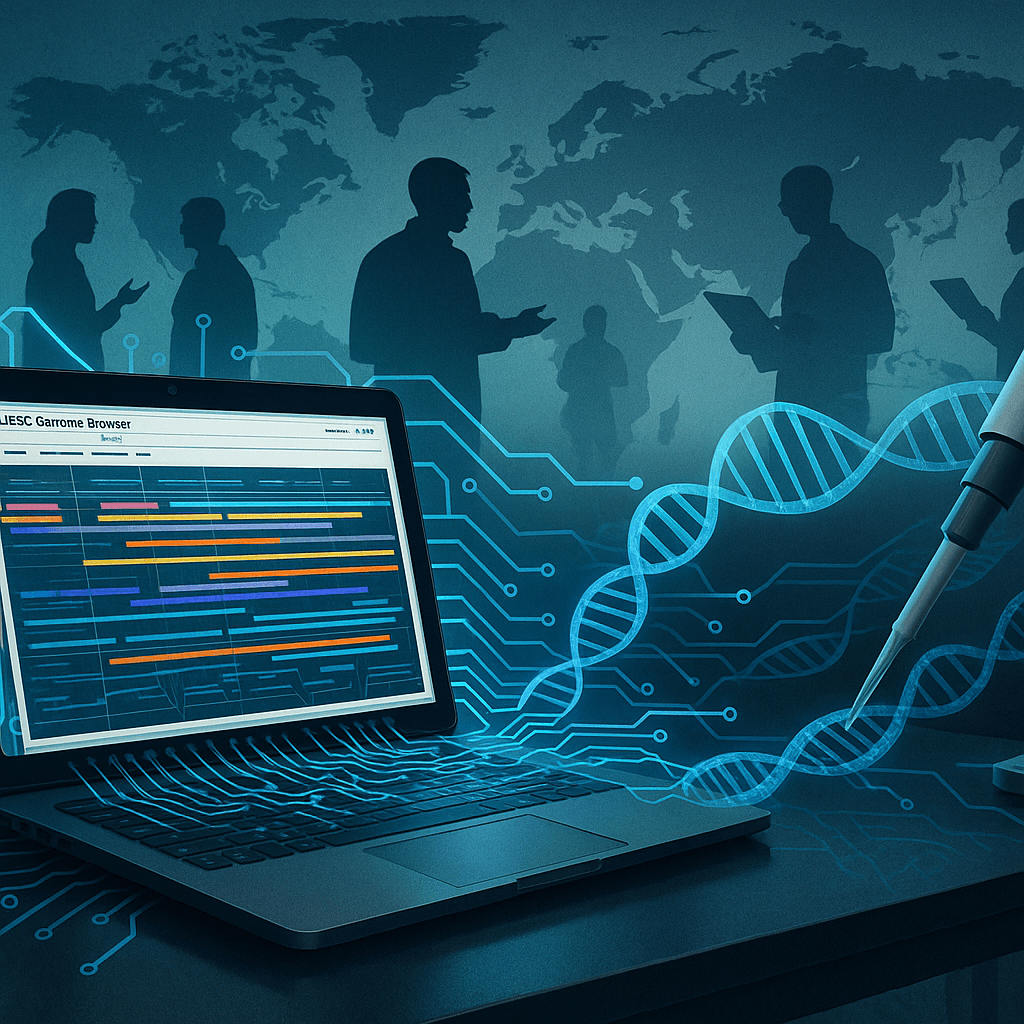Table of Contents
ToggleAbstract
Space travel poses significant challenges to human health, particularly affecting the immune system. This report examines the mechanisms behind immune dysfunction during space travel, its health implications for astronauts, and potential countermeasures to mitigate these effects. By understanding these changes, we can enhance astronaut health and apply these insights to address immune aging on Earth.
Introduction
Space exploration has always captivated human imagination, pushing the boundaries of our capabilities. However, the extreme environment of space presents unique challenges to human health, particularly to the immune system. As astronauts venture beyond Earth’s atmosphere, they experience microgravity, radiation, and isolation, all of which can negatively impact their immune function. Understanding these effects is crucial for the success of long-term space missions and for ensuring the health and safety of astronauts.
Recent studies have shown that microgravity leads to significant changes in gene expression and immune cell function, similar to the aging process on Earth. These changes make astronauts more susceptible to infections, reactivation of latent viruses, and other immune-related issues even during short-duration spaceflights. This report aims to explore the mechanisms behind immune dysfunction in space, the health implications for astronauts, and potential countermeasures to mitigate these effects.
Literature Review
Research into the impact of space travel on the immune system has revealed that microgravity affects immune cells at the genetic and cellular levels. A study by the Buck Institute for Research on Aging identified several genes and biochemical pathways that are altered in microgravity. The researchers used machine learning to identify compounds that could protect immune cells, with quercetin emerging as a promising candidate. Quercetin, found in many fruits and vegetables, was shown to reverse approximately 70% of the changes caused by microgravity, protecting cells from oxidative stress.
Further research demonstrated that astronauts’ immune systems weaken significantly during space travel. Gene activity in white blood cells decreases once astronauts reach space and does not return to normal until after they return to Earth. This decreased gene activity affects immune function, making astronauts more susceptible to infections and reactivation of dormant viruses such as herpes. Additionally, astronauts have reported increased skin sensitivity and other immune-related issues during their missions.
These findings underscore the importance of understanding the underlying mechanisms of immune dysfunction in space. By studying how microgravity and other space conditions affect the immune system, researchers can develop effective countermeasures to protect astronauts’ health during long-term missions and potentially apply these insights to combat immune aging on Earth.
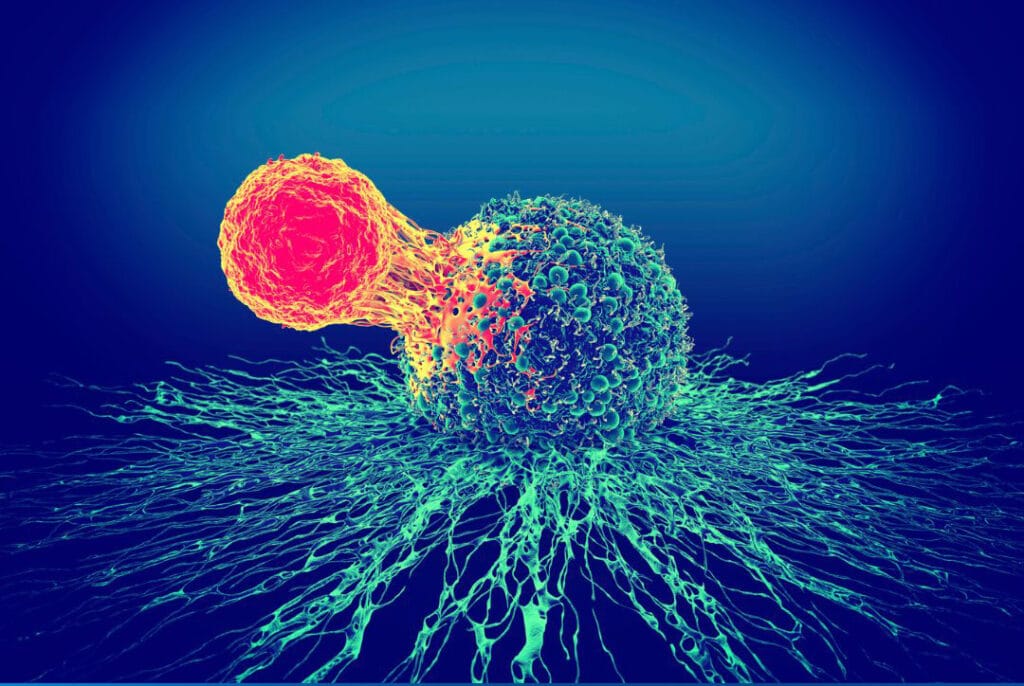
Mechanisms of Immune Dysfunction
The impact of space travel on the immune system is profound and multifaceted. One of the primary mechanisms by which microgravity affects the immune system is through alterations in gene expression within immune cells. Studies have shown that upon exposure to microgravity, there is a significant decrease in the activity of genes related to immune function, particularly in leukocytes (white blood cells). This reduction in gene expression compromises the ability of these cells to respond to pathogens effectively.
In microgravity, the distribution of blood plasma changes, leading to a decrease in blood volume. This reduction can result in insufficient space for all immune cells in the bloodstream, thereby reducing the overall immune response. Additionally, mechanical forces that typically influence immune cell function on Earth are altered in space, further disrupting immune processes.
Researchers have identified specific biochemical pathways and genes affected by microgravity. For instance, the Buck Institute’s study revealed that the expression of hundreds of genes in immune cells is downregulated in space. This includes genes involved in the production of cytokines, which are crucial for immune signalling. Furthermore, immune cells such as lymphocytes and monocytes, which play critical roles in immune defense, exhibit impaired function under microgravity conditions.
The findings from these studies suggest that space travel induces a state similar to accelerated aging in the immune system. This insight opens new avenues for understanding how environmental factors like gravity influence immune aging and how we might counteract these effects both in space and on Earth.
Health Implications for Astronauts
The health implications of immune dysfunction in space are significant and varied. Astronauts experiencing weakened immune systems are more susceptible to infections, including those caused by reactivation of latent viruses like herpes and varicella-zoster (the virus responsible for chickenpox and shingles). Even short-duration spaceflights can lead to immune suppression, resulting in increased skin sensitivity, rashes, and other immune-related issues.
The stress of space travel, combined with microgravity and radiation exposure, exacerbates these immune challenges. For example, the immune response to new pathogens is weakened, making astronauts more vulnerable to infections that could compromise their health and mission success. Studies have also shown that the expression of immune-related genes does not return to normal levels until after astronauts have been back on Earth for some time.
Additionally, the impaired immune function observed in space has parallels to the immune aging process seen on Earth. This similarity suggests that the mechanisms driving immune dysfunction in space might also contribute to age-related immune decline. Understanding these mechanisms can help in developing interventions to improve immune health for both astronauts and the aging population on Earth.
These health implications underscore the importance of developing effective countermeasures to protect astronauts’ health during long-term space missions. Potential solutions, such as nutritional supplements like quercetin, have shown promise in reversing some of the immune dysfunctions caused by microgravity. Continued research in this area is crucial for ensuring the safety and success of future space exploration endeavours.
Countermeasures and Solutions
To address the immune dysfunction caused by space travel, researchers are exploring several potential countermeasures. One promising approach involves the use of nutraceuticals—naturally occurring compounds with health benefits. Among these, quercetin, a plant pigment found in various fruits and vegetables such as red onions, grapes, berries, apples, and citrus fruits, has shown significant potential. Studies have demonstrated that quercetin can reverse about 70% of the immune cell changes caused by microgravity, protecting cells from oxidative stress and improving overall immune function.
The application of machine learning has also been pivotal in identifying effective compounds. Researchers at the Buck Institute for Research on Aging used machine learning to analyze interactions between genes and various drugs and foods. This technology helped pinpoint quercetin as a viable candidate for mitigating the adverse effects of microgravity on immune cells.
Additionally, the development of specialized exercise regimens and dietary plans tailored to the needs of astronauts are under consideration. These strategies aim to maintain normal immune function and overall health during long-duration missions. Exercise has been shown to counteract some of the negative effects of microgravity on the body, including muscle atrophy and bone density loss, which indirectly supports immune health by maintaining overall physiological integrity.
Future Research Directions
Future research in this field is focused on several key areas. One primary direction is the continued exploration of mechanoimmunology, which studies how mechanical forces, such as those experienced in microgravity, affect immune cell function. This research aims to develop a deeper understanding of the specific pathways and mechanisms involved in immune dysfunction during space travel.
Another critical area of research is the identification and testing of additional nutraceuticals and pharmacological agents that can support immune health in space. The success of quercetin provides a model for how other compounds might be identified and utilized. Researchers are also looking at the potential for personalized medicine approaches, where specific interventions are tailored to the genetic and physiological profiles of individual astronauts.
Longitudinal studies involving astronauts on missions of varying durations are essential to understand the long-term effects of space travel on the immune system. These studies will help determine whether the observed changes are reversible upon return to Earth and how long recovery takes. Insights gained from these studies can also inform strategies for enhancing immune function in aging populations on Earth, given the parallels between immune aging and the effects of space travel.
Finally, international collaboration among space agencies, research institutions, and private companies will be crucial for advancing this field. Sharing data and resources can accelerate the development of effective countermeasures and ensure that astronauts remain healthy during future deep-space missions.
Conclusion
Understanding and mitigating the effects of space travel on the immune system is critical for the success of long-duration missions and the health of astronauts. Research has shown that microgravity leads to significant changes in immune cell function, making astronauts more susceptible to infections and reactivation of latent viruses. The identification of potential countermeasures, such as quercetin, and the development of tailored exercise and dietary plans are promising steps forward.
Future research will continue to explore the mechanisms behind immune dysfunction in space, identify new protective compounds, and study the long-term effects of space travel on the immune system. Collaboration among international space agencies and research institutions will be vital in addressing these challenges and ensuring the health and safety of astronauts as humanity ventures further into space.
By advancing our understanding of how space travel impacts the immune system, we not only protect astronauts but also gain insights that could improve immune health and combat aging-related immune decline on Earth. This research highlights the interconnectedness of human health, whether on Earth or in the far reaches of space.
References
- Buck Institute for Research on Aging. “How the immune system goes awry during space travel and the implications for human aging on earth.” ScienceDaily.<www.sciencedaily.com/releases/2024/06/240611130421.htm>.
- Phys.org. “Researchers explore how the immune system goes awry during space travel and the implications for human aging on Earth.” https://phys.org/news/2024-06-explore-immune-awry-space-implications.html.
- Earth.com. “Space travel weakens astronauts’ immune system, similar to aging.” https://www.earth.com/news/space-travel-weakens-astronauts-immune-system/.
- Euronews. “Scientists reveal how space travel weakens astronauts’ immune systems.” https://www.euronews.com/next/2023/06/22/scientists-reveal-how-space-travel-weakens-astronauts-immune-systems.
- URMC Newsroom. “Space travel and the brain: URMC Researchers aim to understand its effects on function.” URMC, 2024. https://www.urmc.rochester.edu/news/story/space-travel-and-the-brain-urmc-researchers-aim-to-understand-its-effects-on-function.

